Brain Bugs
HOW THE BRAINS FLAWS SHAPE OUR LIVES
Dean Buonomano
W. W. NORTON & COMPANY  NEW YORK
NEW YORK  LONDON
LONDON
Copyright 2011 by Dean Buonomano
All rights reserved
First published as a Norton paperback 2012
For information about permission to reproduce selections from this book,
write to Permissions, W. W. Norton & Company, Inc.,
500 Fifth Avenue, New York, NY 10110
For information about special discounts for bulk purchases, please contact
W. W. Norton Special Sales at specialsales@wwnorton.com or 800-233-4830
Manufacturing by RR Donnelley, Harrisonburg
Book design by Ellen Cipriano
Production manager: Julia Druskin
Library of Congress Cataloging-in-Publication Data
Buonomano, Dean.
Brain bugs : how the brains flaws shape our lives / Dean Buonomano. 1st ed.
p. cm.
Includes bibliographical references and index.
ISBN 978-0-393-07602-8 (hardcover)
1. BrainPhysiology. 2. MemoryPhysiological aspects. I. Title.
QP376.B86 2011
612.82dc23
2011014934
ISBN 978-0-393-34222-2 pbk.
eISBN 978-0-393-08195-4
W. W. Norton & Company, Inc.
500 Fifth Avenue, New York, N.Y. 10110
www.wwnorton.com
W. W. Norton & Company Ltd.
Castle House, 75/76 Wells Street, London W1T 3QT
1 2 3 4 5 6 7 8 9 0
More Praise for Brain Bugs
Fresh and inventive.... Learning to recognise and compensate for our neurological and psychological shortcomings will be a necessary step if we wish to improve our own lives and the lives of others. Reading Brain Bugs: How the Brains Flaws Shape Our Lives is not a bad way to start debugging.
David Holmes, Lancet Neurology
Brain Bugs is not only well written and researched, it also does a terrific job of explaining why we inevitably get things wrong, and why were brilliant at some things but hopeless at others.... One of the things I liked most about this book was the way it leaps from neuron to brain and then to person and on to society and back again, making useful comparisons all the way.... You wont eliminate the bugs in your brain by reading this bookwe have no delete button for memories or the emotions that lead us astraybut you will understand them better.
Susan Blackmore, BBC Focus magazine
A fascinating account of the way memories are made, and how these particularities frequently lead us into error. As [Buonomano] makes clear, this has real world impact, from forgetting your phone number to identifying the wrong person in a police line-up to developing entirely false memories of parental abuse.
Stephen Cave,
Financial Times
Thought-provoking and often amusing.... An enjoyable and informative journey through the different cognitive and perceptual phenomena that modulate how we make every-day decisions.
Mauricio R. Delgado, Trends in Neurosciences
[An] intriguing take on behavioral economics, marketing and human foibles.
Kirkus Reviews
Buonomano treks across evolutionary psychology, cognitive science, neurobiology, philosophy, theory of mind, and a number of other disciplinesthough, its worth noting, not at all in the fluffy, formulaic fashion of Big Idea books.... What makes the book all the more compelling is the lucidity with which Buonomano recognizes, amid its weaknesses, the brains insurmountable strengths.... Ultimately, Brain Bugs drives home the point that exploring our cognitive limitations and mental blind spots doesnt merely tickle our curiosity and fuel our fascination, but is also a fundamental part of our human quest for self-knowledge, for better understanding what makes us human.
Maria Popova, The Atlantic
In Brain Bugs , Dean Buonomano has brilliantly pulled off what few psychological scientists can do. In elegant and clear writing, he masterfully conveys the astonishing capability of the human mind, along with its flaws and limitations. Only when we fully understand our bugs will we be able to make the best financial, political, marital, and other decisions that are so important in shaping our lives.
Elizabeth Loftus, Distinguished Professor at the
University of California, Irvine, and author of Eyewitness Testimony
To my parents, Lisa, and Ana
CONTENTS
Brain Bugs
Introduction
It has been just so in all my inventions. The first step is an intuitionand comes with a burst, then difficulties arise. This thing gives out and then thatBugsas such little faults and difficulties are called.
Thomas Edison
The human brain is the most complex device in the known universe, yet it is an imperfect one. And, ultimately, who we are as individuals and as a society is defined not only by the astonishing capabilities of the brain but also by its flaws and limitations. Consider that our memory can be unreliable and biased, which at best leads us to forget names and numbers, but at worse results in innocent people spending their lives in prison as a result of faulty eyewitness testimony. Consider our susceptibility to advertising, and that one of the most successful marketing campaigns in history contributed to an estimated 100 million deaths in the twentieth century; the tragic success of cigarette advertising reveals the degree to which our desires and habits can be shaped by marketing. We often succumb to the lure of instant gratification at the expense of our long-term well-being, and our irrepressible tendency to engage in supernatural beliefs often leads us astray. Even our fears are only tenuously related to what we should fear.
The outcome of these facts is that what we presume to be rational decisions are often anything but. Simply put, our brain is inherently well suited for some tasks, but ill suited for others. Unfortunately, the brains weaknesses include recognizing which tasks are which, so for the most part we remain ignorantly blissful of the extent to which our lives are governed by the brains bugs .
The brain is an incomprehensibly complex biological computer, responsible for every action we have taken and every decision, thought, and feeling weve ever had. This is probably a concept that most people do not find comforting. Indeed, the fact that the mind emerges from the brain is something not all brains have come to accept. But our reticence to acknowledge that our humanity derives solely from the physical brain should not come as a surprise. The brain was not designed to understand itself anymore than a calculator was designed to surf the Web.
The brain was designed to acquire data from the external world through our sensory organs; to analyze, store, and process this information; and to generate outputsactions and behaviorsthat optimize our chances of survival and reproduction. But as with any other computational device the brain has bugs and limitations.
For convenience, rather than scientific rigor, I borrow the term bugs from the computer lexicon to refer to the full range of limitations, flaws, foibles, and biases of the human brain. The consequences of computer bugs range from annoying glitches in screen graphics to the computers freezing or the blue screen of death. Occasionally computer bugs can have fatal consequences, as in cases where poorly written software has allowed lethal doses of radiation to be delivered to patients during cancer therapy. The consequences of the brains bugs can be equally wide ranging: from simple illusions, to annoying memory glitches, to irrational decisions whose effects can just as likely be innocuous as fatal.
If there is a bug in your favorite software program, or an important feature is absent, there is always hope that the issue will be remedied in the next version, but animals and humans have no such luxury; there are no instant-fix patches, updates, or upgrades when it comes to the brain. If it were possible, what would be on the top of your brain upgrade list? When one asks a classroom of undergraduate students this question, invariably the answer is to have a better memory for the names, numbers, and facts that they are bombarded with (although a significant contingent of students ingenuously opts for mind reading). We have all struggled, at some point, to come up with the name of somebody we know, and the phrase You knowwhats his name? may be among the most used in any language. But complaining that you have a bad memory for names or numbers is a bit like whining about your smartphone functioning poorly underwater. The fact of the matter is that your brain was simply not built to store unrelated bits of information, such as lists of names and numbers.

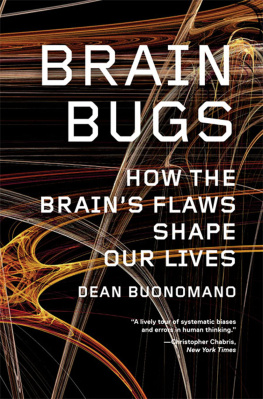
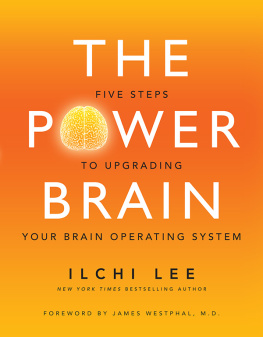
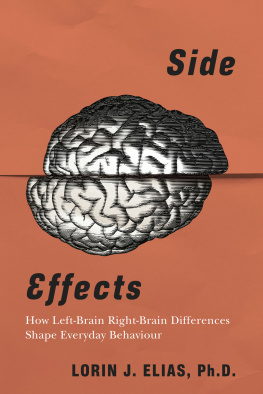
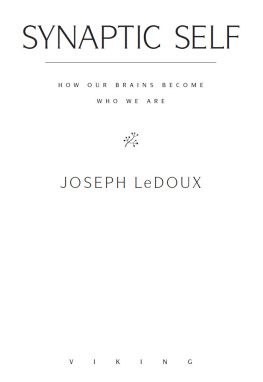

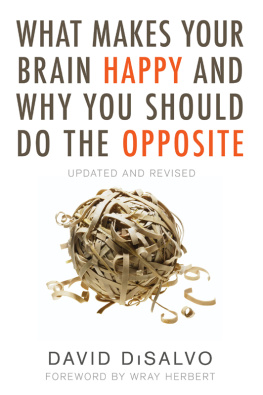
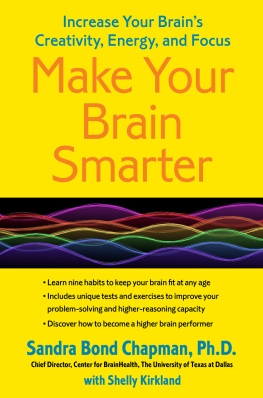
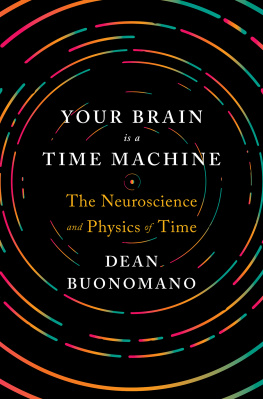
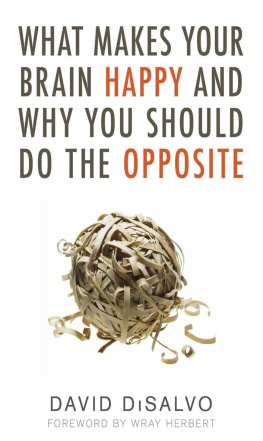
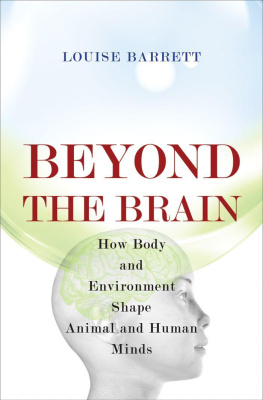
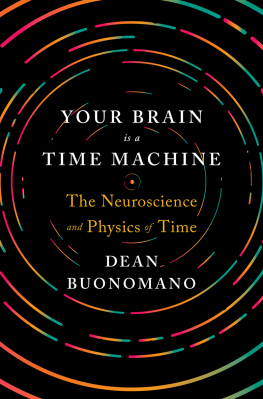
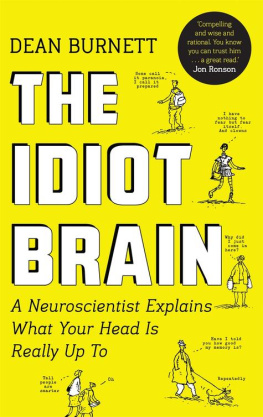
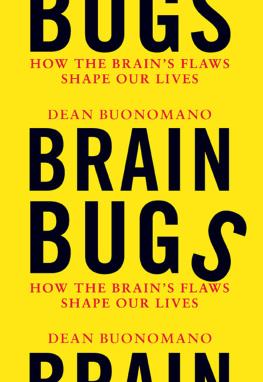
 NEW YORK
NEW YORK